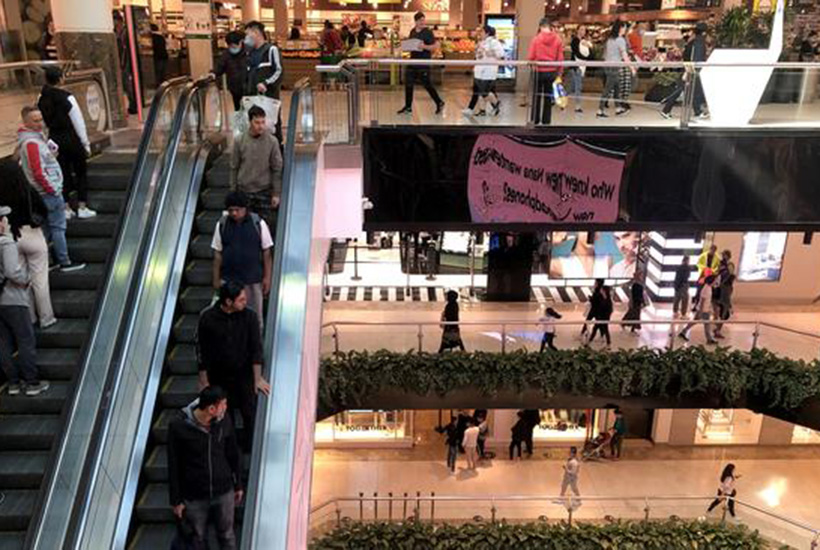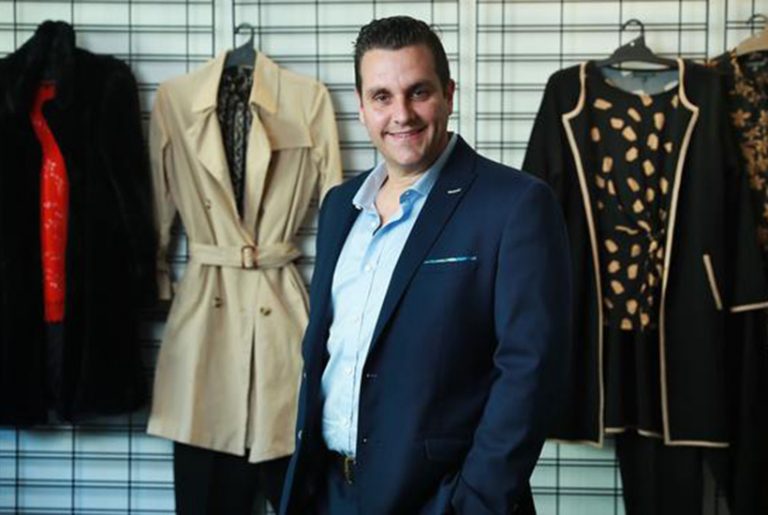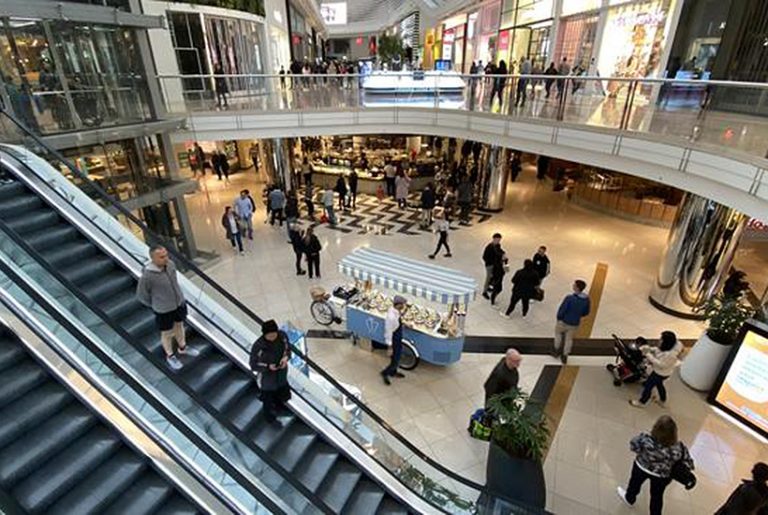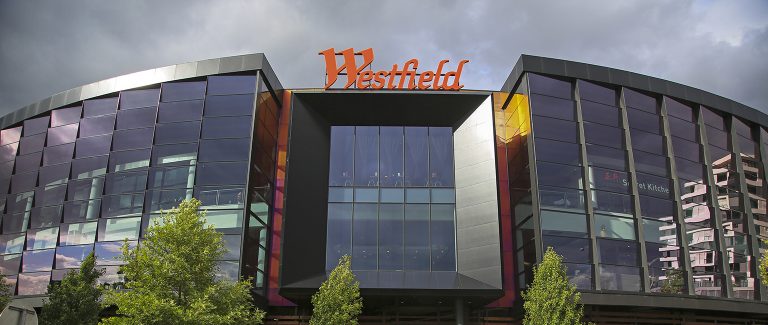Shopping centre giant lifts demands for rent collection

Scentre Group, owner of the local Westfield empire, has fired a fresh shot in the broader battle between landlords and tenants, saying it has collected 86% of rents in August.
The Westfield owner has taken a relatively aggressive approach to collecting rents and has also lobbied against an open-ended extension of the Morrison government’s leasing code.
Scentre said it had collected $183m of gross rent in August, which represents 86% of monthly gross rental billings.
At its half year results last month, Scentre referred to the rising trajectory of cash collections for the month of August and the announcement confirmed the actual amount collected.
In July, rent collections ran at 82% and in June they ran at 80%, well above the 28% in April.
Scentre had been riding a share-price lift on the back of its tough approach getting better results than some rivals, and also on speculation that it could launch a major equity raising.
The price may have been helped by its relatively low exposure to Victoria, as rivals Vicinity Centres and GPT hold a larger proportion of Melbourne malls.
Scentre spiked last week with senior sources saying some institutional buying was undertaken on expectations that an entitlement offer could be launched as early as this week, with minimal discount.
The prospect of Scentre undertaking a major raising – thought to be in the order of $1.8bn – has been widely canvassed by investment bankers, and market players speculated that UBS and Morgan Stanley were closest to the shopping centre group.
The company, however, has downplayed the need for equity raising despite falling shopping centre values pushing up its gearing.
Last month, the long-simmering dispute between the powerful Scentre and high-profile retailer Solomon Lew appeared to be moving to a legal confrontation that may have triggered the closure of hundreds of stores.
The shopping mall owner in August took steps towards issuing breach notices across a number of sites occupied by Premier Investments, for the retailer’s refusal to pay rent.
The move was a potential precursor to more lockouts in the wake of Scentre shutting Mosaic Brands and Strandbags out of Westfield centres.
But both are now back in the centres – with reports they had struck favourable deals – and a lockout of Premier stores may not come to pass.
Lew could seek an injunction that may thwart any such manoeuvre by the Westfield owner, those familiar with their positions said last month, although they have declined to comment about their dispute.
Premier has taken on landlords across Australia by not paying rent when it closed shops during the pandemic and seeking to alter lease terms to deals based on a percentage of sales.
In March, Premier — owner of brands including Just Jeans, Portmans, Peter Alexander and Smiggle — temporarily closed about 900 of its fashion outlets and sent home 7000 staff, but since then its key fashion labels enjoyed bumper sales online.
Morgan Stanley analysts Simon Chan and Lauren Berry last month called out Scentre for having more success collecting rent from retail tenants than its rivals, even as the shopping mall giant this week booked a $3.6bn first-half loss.
Scentre still managed to gather 48% of rent during the pandemic-hit June quarter — a much stronger result than Vicinity Centres’ 38 per cent and GPT’s 36 per cent, Morgan Stanley said.
However Vicinity said in its results that by early August it had collected 49% of rent for the June quarter.
Of Scentre’s $400m of rent uncollected, it has expensed just 58%, with the remaining $170m booked in trade debtors, and therefore booked in revenue, and funds from operations.
“We find this relatively aggressive given both Vicinity Centres and GPT had written off about 85% of uncollected rent,” the analysts said.
Notably, Scentre’s new leasing deals retained traditional features such as fixed rent, and had no percentage rent like Premier has advocated. The landlord said the rents also had annual contracted increases of CPI+2 per cent in centres outside Victoria.
JPMorgan analysts Richard Jones and Ben Brayshaw also called out its tougher approach. Scentre provided rent waivers and provisions totalling $232m, or about 24 per cent of net income, in the second half of 2019 while rival shopping centres averaged 37 per cent.
“Scentre has booked lower rental provisions than its retail peers, we believe, reflecting; lower Victorian exposure; stronger performing assets which retailers are committing to and tougher lease negotiations by the landlord,” JPMorgan said.
However, Scentre remains under pressure from ratings agencies, which have warned about its rising leverage as a result of falling property values, although the company has insisted it will not undertake a dilutive equity raising.
S&P Global Ratings says the fallout from COVID-19 has eroded Scentre’s rating buffer. The agency warned it could lower the rating by one notch if Scentre’s funds from operations to debt weakened.
This article originally appeared on www.theaustralian.com.au/property.







